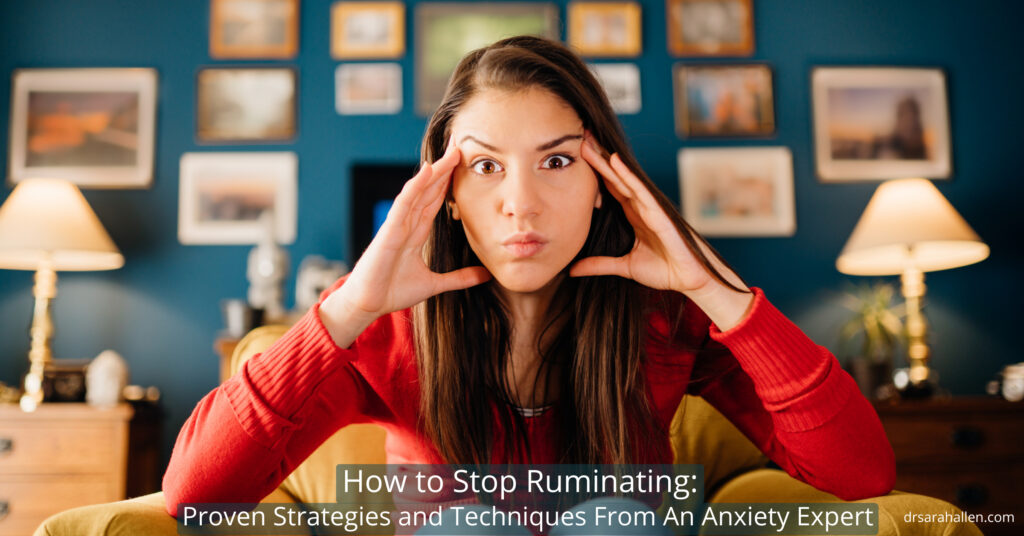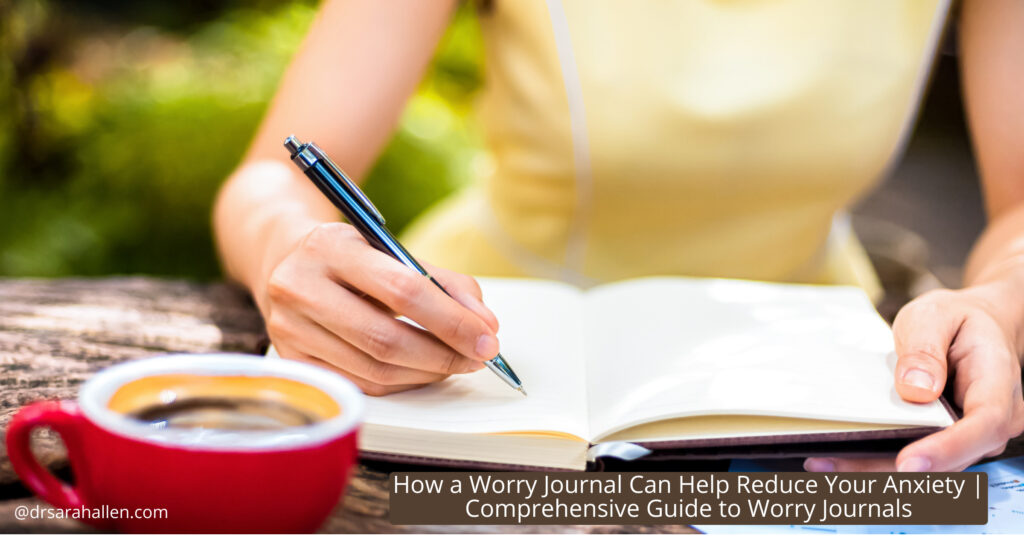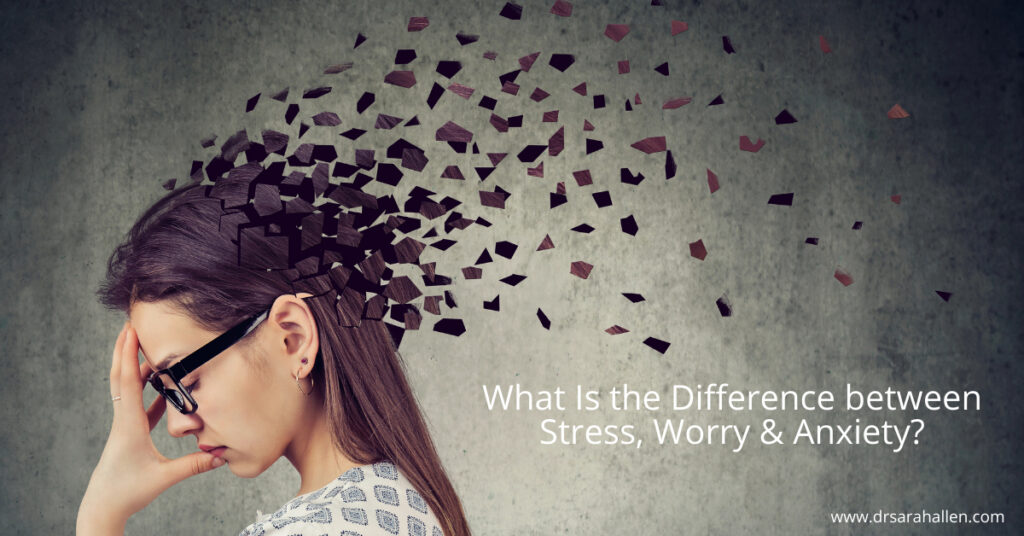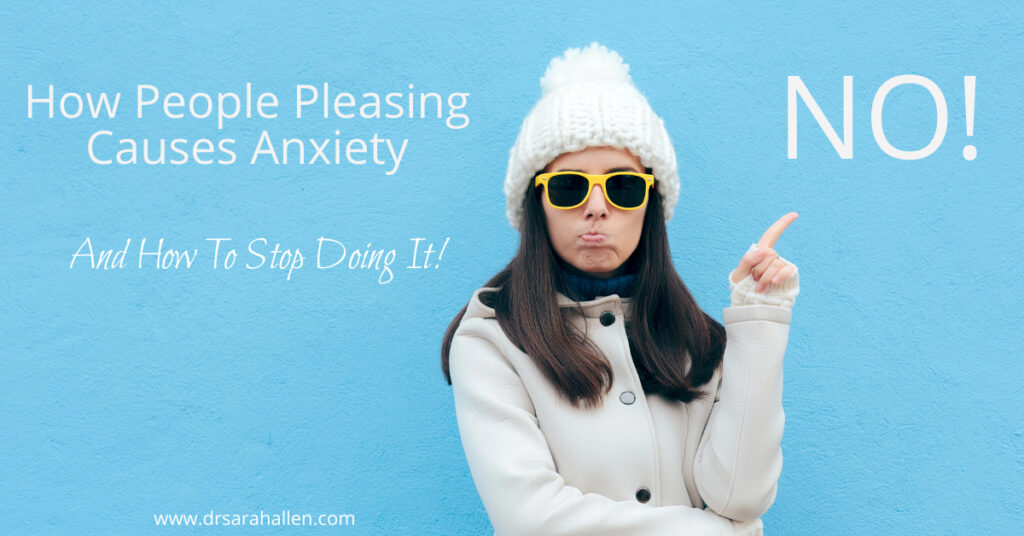 Social anxiety is a common and sometimes debilitating condition that affects millions of people worldwide. It is a pervasive fear of social situations, often characterized by self-consciousness, worry, and feelings of being observed and negatively judged by others. The condition can significantly impact an individual’s ability to interact with others and perform everyday activities, such as work, school, and personal relationships.
Social anxiety is a common and sometimes debilitating condition that affects millions of people worldwide. It is a pervasive fear of social situations, often characterized by self-consciousness, worry, and feelings of being observed and negatively judged by others. The condition can significantly impact an individual’s ability to interact with others and perform everyday activities, such as work, school, and personal relationships.
In some cases, social anxiety can even lead to a vicious cycle: the more anxious a person feels in social situations, the less experience they have in them, which only reinforces and exacerbates their anxiety. As a result, it’s essential to break this cycle and address the symptoms and root causes of social anxiety to regain a sense of control and self-confidence.
To better understand social anxiety, it’s helpful to explore the symptoms and statistics of this condition. Common symptoms may include excessive worrying about social interactions, feelings of self-consciousness in various situations, and anticipating the worst possible outcomes of social events. In addition, a study published by the National Institute of Mental Health (NIMH) suggests that nearly 12% of adults in the United States experience social anxiety disorder (SAD) at some point in their life.
1. Cognitive Behavioral Therapy (CBT)
Cognitive Behavioral Therapy (CBT) is a proven, evidence-based treatment approach for social anxiety disorder. It works by addressing the negative thought patterns and behaviors that contribute to anxiety. The primary goal of CBT is to help individuals identify distorted thoughts about themselves and replace them with more accurate and positive beliefs. By doing so, individuals can gradually change their reactions to anxiety-provoking social situations.
To begin implementing CBT techniques, individuals can start journaling to track their anxious thoughts and emotions. This practice allows for the identification of unhelpful thinking patterns that may contribute to social anxiety. Next, challenge these thoughts by considering alternative perspectives and gathering evidence that supports more positive beliefs. Over time, this process can significantly reduce anxiety levels and improve overall well-being. This sounds simple but of course it isn’t, but therapy can help you identify the unhelpful ways you are thinking about social situations and then support you while together we can identify small, manageable social goals can really help build your confidence.
To read in more depth about Cognitive Behavioral Therapy visit What Is CBT? A Simple Guide to Understanding Cognitive Behavioral Therapy
To read more details about Worry Journals visit Discover How a Worry Journal Can Help Reduce Your Anxiety
2. Mindfulness Practices
Mindfulness is a powerful tool for managing social anxiety. It involves cultivating non-judgmental awareness of the present moment, without getting caught up in self-critical thoughts. Practicing mindfulness can help individuals better recognize when they’re experiencing anxiety, enabling them to respond more effectively and compassionately rather than being overwhelmed by distressing emotions.
To incorporate mindfulness into your daily routine, try setting aside a few minutes each day for meditation, deep breathing exercises, or engaging fully in an enjoyable activity. Not only can mindfulness practices help in reducing anxiety, but they can also promote overall mental well-being, making them an essential component of any holistic approach to managing social anxiety.
3. Gradual Exposure Therapy
Gradual exposure therapy is a powerful technique for overcoming social anxiety. The idea behind this approach is to slowly and systematically face your fears in a controlled and safe environment. By confronting feared situations in small, manageable steps, you will gradually desensitize your anxiety response and increase your comfort in various social settings.
To begin exposure therapy, make a list of social situations that cause anxiety in ascending order of difficulty. Start with the least intimidating scenario and practice facing it repeatedly until you notice a reduction in anxiety. Then, gradually move on to more challenging situations. It’s essential to commit to the process consistently and be patient with yourself as progress may be slow, but the positive results can be life-changing.
4. Building Confidence and Enhancing Social Skills
Developing self-confidence and improving social skills can go a long way in managing social anxiety. By investing time and effort in personal growth, you may find that social interactions become more enjoyable and less daunting.
First, focus on boosting self-esteem by acknowledging your skills, abilities, and accomplishments. Remember that every individual has unique qualities that are worth celebrating. Next, work on improving your communication and social skills by practicing active listening, partaking in group activities, and engaging with people with diverse backgrounds and perspectives. The more you invest in yourself, the better equipped you’ll be to navigate social situations with ease.
Combining Strategies for Maximum Effectiveness
Managing social anxiety is an ongoing journey, and the most effective approach will vary from person to person. Remember that what works for one individual may not work for another, so it’s crucial to explore different methods and find what resonates with your unique needs and experiences.
When it comes to overcoming social anxiety, a combination of strategies is often the most effective solution. By incorporating techniques from Cognitive Behavioral Therapy, mindfulness practices, gradual exposure therapy, and personal growth, you can develop a comprehensive plan to manage and eventually conquer social anxiety.
Lastly, be patient with yourself during this process; change takes time, persistence, and dedication. By implementing these strategies and committing to your mental health, you will be well on your way to enjoying a more fulfilling and anxiety-free social life. If you or someone you know is struggling with health anxiety, Dr. Sarah Allen is trained in mindfulness techniques and anxiety therapy and works with clients in Chicago and across Illinois and Florida. With her help, it is possible to break the cycle of health anxiety and rediscover a life free from its grip. Dr. AlIen specializes in helping people treat their anxiety using Cognitive Therapy (CBT).

If you have any questions, or would like to set up an appointment to work with me and learn how to reduce anxiety, please contact me at 847 791-7722 or on the form below.
If you would like to read more about me and my areas of specialty, please visit Dr. Sarah Allen Bio.
Dr. Allen’s professional license only allows her to work with clients who live in IL & FL & the UK and unfortunately does not allow her to give personalized advice via email to people who are not her clients.
Dr. Allen sees clients in person in her Northbrook, IL office or remotely via video or phone.

What Can I Read That Helps Me While I Am Waiting For My First Appointment With Sarah?
Download this free booklet to gain valuable insights and practical strategies for managing anxiety and worrying.































